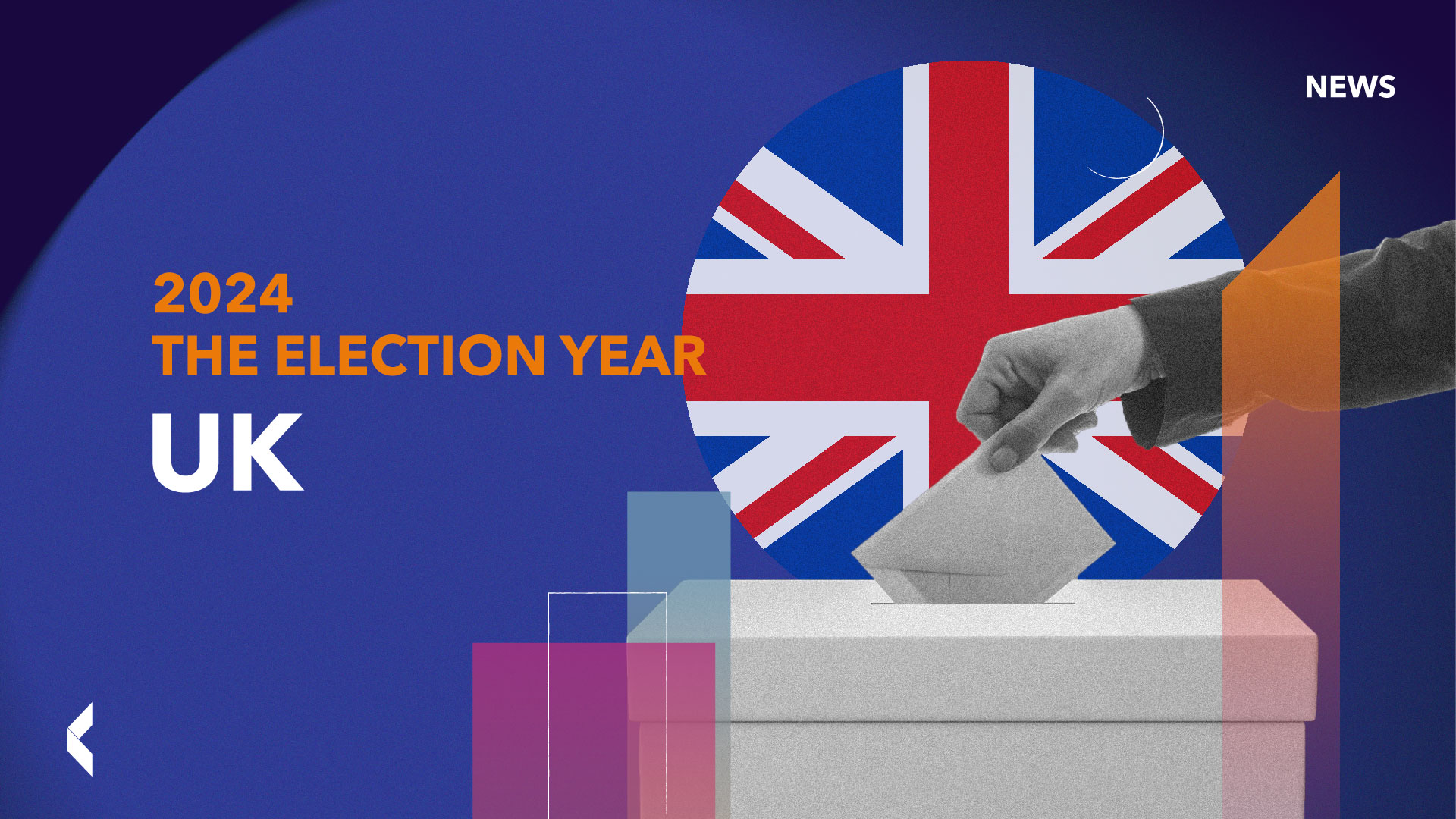About the Author
Originally published on SEC Newgate UK’s website on May 23, 2024.
And they’re off! Following an afternoon of intense rumours, Prime Minister Rishi Sunak stepped outside No.10 into the rain and – while being almost drowned out by Labour’s 1997 election anthem “Things Can Only Get Better” blaring from the gates of Downing Street – confirmed he had been to see the King and was taking the plunge to go early, on Thursday 4 July.
It was a decision that caught nearly all commentators and even Conservative MPs off guard. Following the local elections, the prevailing belief was that Sunak would bide his time, wait for the economy to improve, and hope that Labour might stumble. But now all early summer holidays are off, and for the first time since 1945, we are set for a July election.
With the Conservatives facing a huge deficit to Labour in the polls and a string of recent local election defeats still fresh in the minds of the public, the question on everyone’s lips was, “why now?”.
Why now?
The tipping point was the recent economic data. Yesterday’s confirmation that inflation is now close to the Bank of England’s 2% target and last week’s GDP figures showing 0.6% growth in the first quarter provides some rare good economic news for the Conservatives. The uncertainty surrounding potential interest rate cuts and the issue of small boats crossing the Channel will also have played a role in the decision to go to the polls sooner rather than later. Concerns about being painted by Labour as “squatting” in No.10 and holding out until the last moment will also have been a factor.
The message yesterday was to “stick to the plan”. Sunak has concluded that now is his best chance to get on the front foot with a positive message. “Hard-fought economic stability” was the tagline, and the question to the electorate is, do you want to risk recent success with Labour?
By going early, Sunak played one of his only trump cards: he held the element of surprise. Labour has yet to confirm all their candidates, and perhaps more importantly for the Conservatives, neither had Reform. He received a boost of sorts this morning with the news that Nigel Farage will not be standing in the election. On the one hand, this avoids Farage teasing a “will he/won’t he” come back all through the summer as small boat crossings rise during the hotter summer months. On the other hand, it frees Farage up to roam the country without needing to worry about his own constituency battle, eating up Conservative votes in key marginals across the country.
Will going early give Sunak a personal bump in the polls? It is certainly a bold decision by a politician often criticised for being bland and boring and helps with the framing that he is presenting a genuine choice at the election: stick with the Conservatives who have shown they can turn the economic tide or risk it with Keir Starmer and Labour, who many still are unsure of what he stands for.
Labour and Keir Starmer, for their part, are embracing the change message. In his launch speech, Starmer repeated that his Labour Party is offering the change that he says the country is craving after 14 years of the Conservatives.
So, where does this all leave us now, and how will businesses be impacted over the next six weeks?
What happens next?
Ministers, shadow ministers and advisers will be busily cancelling all scheduled meetings as attention turns towards the campaign and away from Westminster.
The formal dissolution of Parliament will take place tomorrow, meaning all MPs cease to be MPs, and every seat becomes vacant. Government ministers will remain in post, but day-to-day government business will be significantly limited. The pre-election period (formally known as ‘purdah’) will take effect shortly, with no government announcements that could influence the election campaign. Special advisers will be expected to resign their positions if they intend to join their party’s election campaign.
Once the polls close and the results emerge on the 5 July, things will move quickly. The new Parliament will be summoned to meet on Tuesday, 9 July, when the first business will be the election of the Speaker and the swearing-in of members. Expect the new Cabinet and most ministers to have been appointed swiftly after Sunak or Starmer return from the Palace following the election. The State Opening and King’s Speech will then be on Wednesday, 17 July, when the new government will set out its agenda.
For now, businesses will be following closely for signs of what the campaign signals for them and preparing to engage with the new government—whatever it may look like on 5 July.

